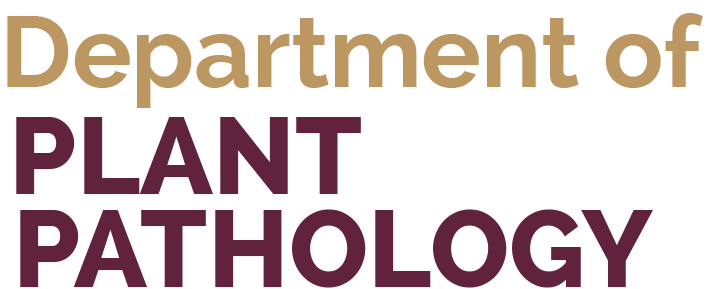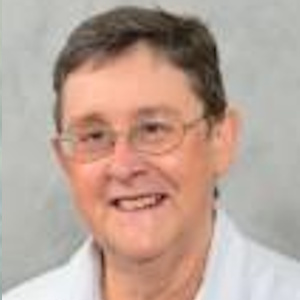Plant disease and decay impacts on the profitability of deciduous fruit production, and negatively influences consumer confidence in the products. There is an increasing demand from consumers, and consequently retailers and marketers, for fruit with little or no pesticide/fungicide residues. Producing quality fruit under these constraints is a major challenge for the deciduous fruit industry, which currently relies heavily on pre and postharvest chemicals for disease and decay control.
The main objective of the Fruit and Postharvest Pathology Research Programme within the department is to improve disease and decay control in deciduous fruit products, through the design of appropriate integrated disease management strategies, with reduced reliance on fungicides.
Projects within this programme are: Postharvest decay of pears, with focus decay caused by Botrytis cinerea; etiology and epidemiology of core rot of apples; etiology and epidemiology of bull’s eye rot of apples; the efficacy of sanitation practices in reducing apple scab; the occurrence and importance of overwintering of apple scab conidia in the Western Cape, and monitoring of fungicide sensitivity in populations of Botrytis cinerea and Venturia inaequalis in the Western Cape.




